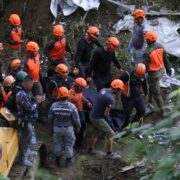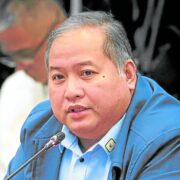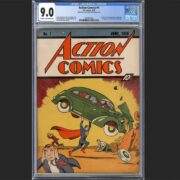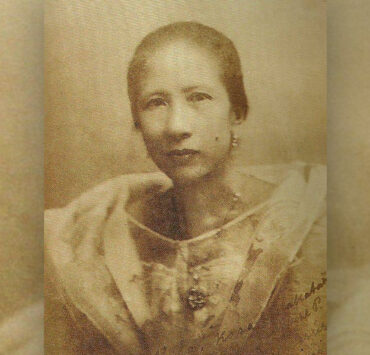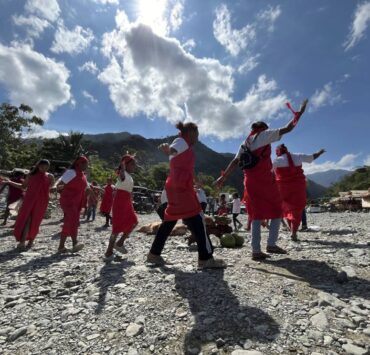Reading F. Sionil José and Cirilo F. Bautista
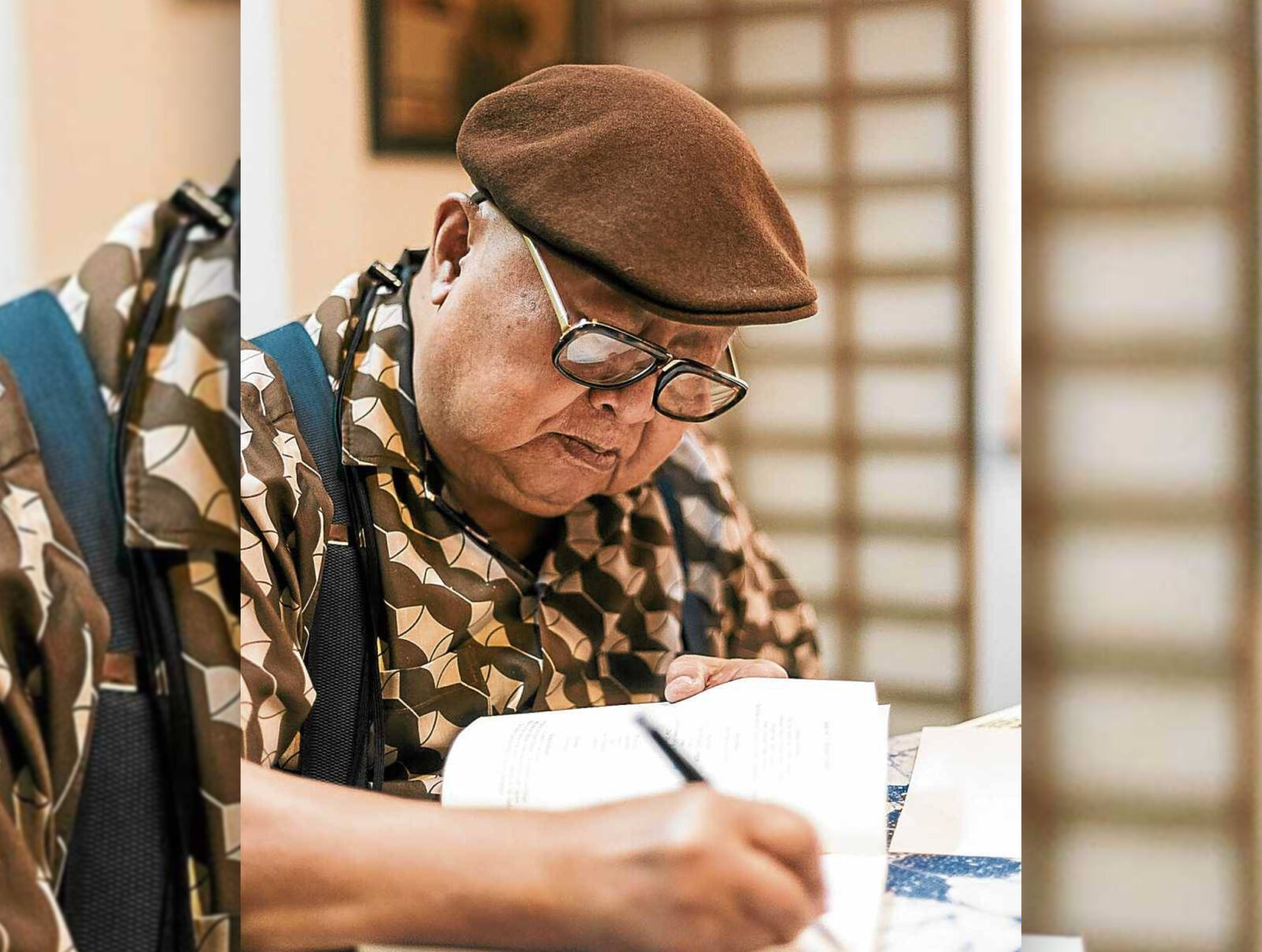
Two National Artists were honored recently in a forum at the University of the Philippines in Baguio City (UP Baguio): novelist F. Sionil José and poet Cirilo F. Bautista. Their works were discussed, praised, or criticized by two panels of distinguished scholars and academicians.
The three panelists who spoke on José were Mercedes Javier Dulawan, LA Piluden, and Ruth M. Tindaan. The panelists for Bautista were Jocelyn L. Alimondo, Grace Celeste T. Subido, and Elizabeth Lolarga.
Dulawan read an excerpt from a work by José which was about social injustice, typical of the author, whose family in Pangasinan, when he was a child, experienced hardships because of landowners, accounting for his hatred of the landed gentry. The excerpt read was about a family who worked in the fields for a certain Padre Jose, and who had “very little food, apo.”
Piluden, possibly representing the youth sector, expressed admiration for José’s works but disappointment with his political views. She cited José’s famous short story “The God Stealer,” about an Americanized Igorot who goes back to his tribe because he feels betrayed by his American friend.
The speaker said this story is “an allegory on Philippine-American relations, Igorot tokenism, and a failure of imagination.” Piluden also briefly discussed the novel “Mass” and its hero, Samson, who joins the underground because of his hatred for the Establishment.
Novels and politics
“Read five of his (José’s) works, and you will not be able to separate his novels from politics,” she opined. “Samson is a probinsyano who becomes a revolutionary, so one is not surprised that he (José) will find (former president) Duterte a revolutionary.” I am reminded that some time ago, José jolted literary circles by declaring that Duterte was the greatest president after Ramon Magsaysay.
Piluden expressed affection for the novelist and his works, but was disappointed in him because of his political stand.
Dulawan recalled that José once told young writers to “write about your place, because no one knows your place more than you. Who can write better about the Cordilleras except the Cordillera writers?”
She added, “He asks the right questions, his works pose questions, difficult questions, as a Filipino. He is too pessimistic, no way out. As a National Artist, we can value him for that.”
Tindaan declared, “And that’s why we love literature.”
To speaker Alimundo, the poet Bautista represented “our role as writers and teachers, the role of transforming the mindset of the young.”
Subido conjured up a shared experience of the poet with scientist Albert Einstein in the metaphorical image of a butterfly that “shifts from place to place.” Thus, Bautista “has in a sense deterritorialized himself.”
She added, “He is a towering figure in Philippine literature, with an intense consciousness of all forms of life, and a universal form of awareness (the Einstein theory). He bridges the gap between the abstract and concrete, even more on the abstract than the concrete, is present in the physical manifestation, and unveils profound truths in our existence.”
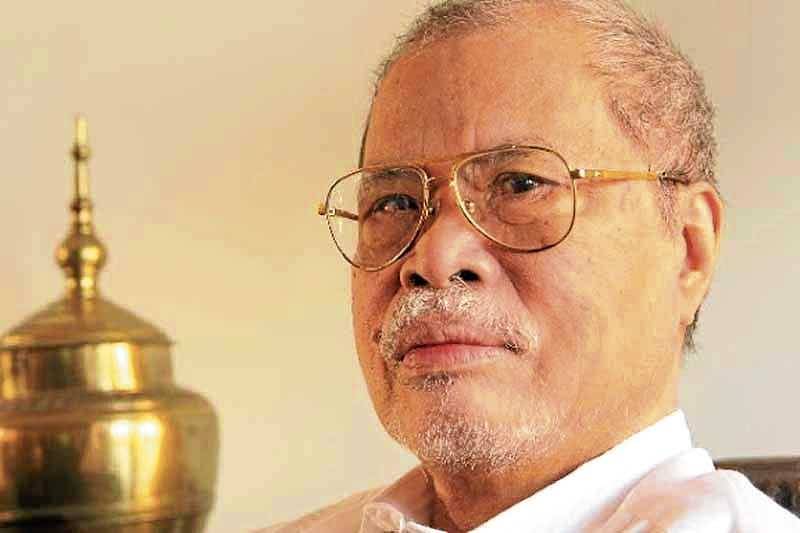
Witty and funny
Lolarga, poet and writer, first met Bautista many years ago at literary workshops for the youth and found him cautious with students “but witty and funny.” At one point he encountered a poem with unclear lines about prison, and he asked the writer “Ano ito, ‘Jailhouse Rock?” Golden oldies will know that “Jailhouse Rock” was a 1957 movie starring Elvis Presley.
In his later years, Bautista developed muscular dystrophy, was confined to a wheelchair, and ordered by his doctor to avoid stress. But this did not prevent him from compiling his own essays and publishing his 11th book of poems (“Things Happen,” University of Santo Tomas Publishing House).
“Can you beat that?” Lolarga declared. “Eleven books of poetry!”
Bautista wrote epic poems, essays, fiction, did translations, and even painted in oil. “With him it was never a dull moment,” Lolarga recalled. “He gained controversy with his statement that all poets can paint, but not all painters can write poetry. And in this he stood his ground.”




